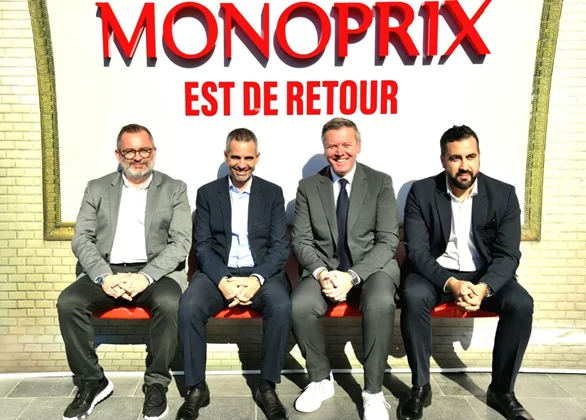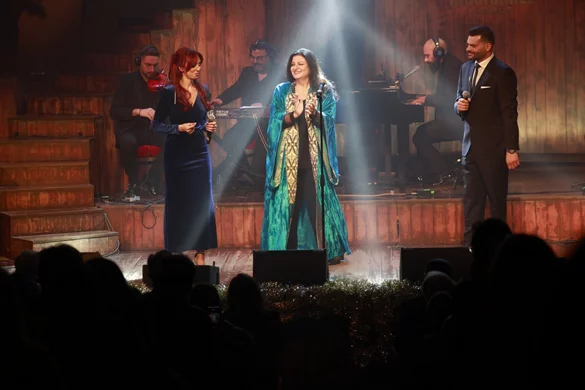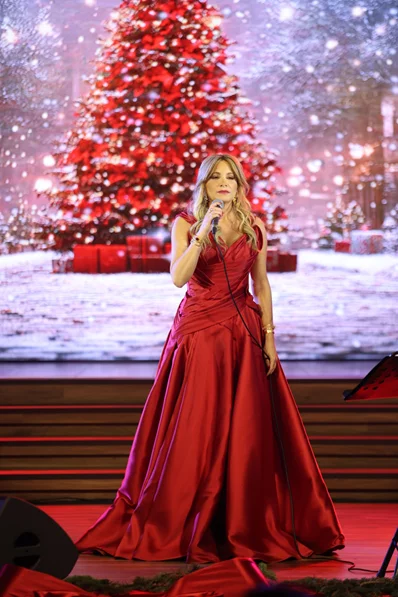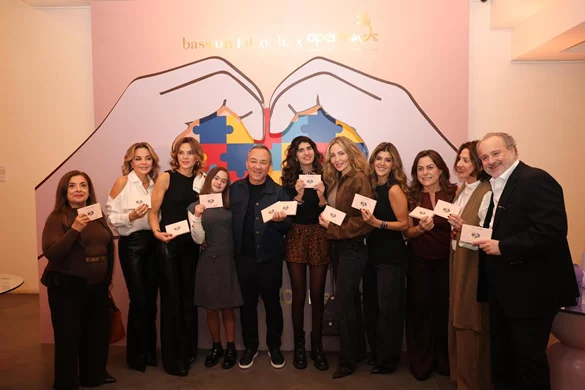After the huge success of the "Lebanese Wine Day in Paris" in 2013, the Lebanese ministry of Agriculture organized on Monday May 5th the second edition of the Lebanese Wine Day in the glamorous Ritz-Carlton hotel in Berlin. From the heartland of wine production the Bekaa valley, to newer areas such as Batroun in the North, the Metn, the Chouf, Mount Lebanon and Jezzine in the south, thirty-four Lebanese wine producers showcased their appealing wines in this fair. A large audience of specialists and professionals tasted the elegant Lebanese wines. World-renowned sommeliers conducted master-classes to unveil the beautiful products of the Lebanese terroir.
Present were his Excellency Mr. Gebran Bassil, Lebanese Minister of Foreign Affairs and Emigrants; his Excellency Mr. Akram Shehayeb, Lebanese Minister of Agriculture; his Excellency Mr Elias Abou Saab, Lebanese minister of National Education; his Excellency Dr Mostafa Adib, Ambassador of Lebanon to Germany; Mr Abdel Aziz Al Mikhlafi, president of the german-arab chamber of Commerce; Mr Louis Lahoud, General Director of the Lebanese Ministry of Agriculture; Mr Zafer Chaoui, president of the UVL (Union Vinicole du Liban); Mr Serge Hochar, president of the Lebanese National Wine Institute of represented by Mr Assad Hark: Mr Yann Juban, Assistant General Director of the OIV (Organisation Internationale de la vigne et du vin); as well as wine producers and industry professionals.
Mr Zafer Chaoui, president of the UVL said that "Today, Lebanon produces only 9 million bottles. It is a microscopic amount in global terms. But we believe that "small is beautiful" and that every bottle of wine we make and sell sends out a message that captures Lebanon's warmth and generosity of spirit." He added that "We want to be a bit different. The growing reputation of Lebanese wine, both at home and in some of the world's most competitive markets is a testament to this exciting development. Over the last five yearswe have made huge gains in the UK, France, the US, and of course here in Germany. This is in itself is a vote of confidence in our product and proof, if any were needed, that we can compete in the most dynamic and discerning consumers societies." He finally declared that "The Union Vinicole du Liban will continue a policy defined by best practice, enduring partnerships, consistency and a constant desire to deliver a quality product to suit all budgets and palates."
Mr Louis Lahoud, general director of the Lebanese ministry of Agriculture, said that "Between May 2013 and May 2014, the Lebanese wine calendar has seen the nomination of the Director General of the Lebanese Ministry of Agriculture as vice-president of the Economic Analysis and Experts of the Office International de la Vigne et du Vin (OIV). This was followed in November 2013 by a conference Wine entitled "Civilization and Future Vision". Lastly the year saw the creation of the National Institute of Vines and Wine, a collaboration between the public and private sectors that will improve and protect winemaking standards". He concluded by saying that "the Ministry of Agriculture is committed to giving wine industry all the support it needs and I would like to end by thanking Germany for welcoming us and hope that this occasion will promote further cultural and commercial ties between our two nations"
Mr Assad Hark on behalf of Mr Serge Hochar, president of the Lebanese National Wine Institute, declared that "It is an honor for the National Institute of Vine and Wine to participate in this day of Lebanon in Berlin. The Institute has been created less than a year ago to take care of this sector in all its aspects, as it will help its harmonious development and its control. The Institute represents a guaranty for the wines of Lebanon and will enhance their credibility worldwide."
In his words, his Excellency Dr Mostafa Adib, ambassador of Lebanon to Germany stated that "this event comes today to underscore the depth of the relations between Lebanon and the European Union particularly Germany". He added that "this relationship open the doors of European markets to Lebanese agricultural products, especially to Lebanese wine distinguished by its quality. Moreover, this relationship lays the foundation for the establishment of an economic partnership between German and Lebanese commercial institutions specialized in the export of agricultural products." He emphasized that" this event reaffirms the importance of establishing a partnership between the Lebanese public and private sectors in terms of production and marketing of the Lebanese agricultural goods"
In his speech, his Excellency Mr Akram Shehayeb declared that "Today, from Lebanon to Germany, we bring Lebanese wine from 35 producers. This product was welcomed last year in France during the Lebanese Wine Day in Paris. We hope that this year in Berlin wine professionals and wine lovers alike will give it equal recognition." He added that "We hope to maintain and deepen the Lebanese and German relationships as there is a great respect and appreciation of Germany and its products among the Lebanese. We look forward as a state and a people to strengthening this feeling as well as commercial ties."
The event comes almost exactly a year after the first Lebanese Wine Day in Paris, which helped create new commercial opportunities for Lebanese Wine in Europe and the beyond, and is a reflection of the growing importance of the $50 million Lebanese wine industry, both in terms of the local economy and in enhancing Lebanon's image abroad. Lebanon exports over 33% of the more than 8 million bottles it produces each year.
Lebanon is one of the oldest sites of wine production in the world with a heritage of viniculture stretching back 7,000 years. Today, the country boasts nearly 40 wineries of varying size spread over the North, the Bekaa Valley, Mount Lebanon and the South. They produce over 8 million bottles and use nearly 30 grape varieties. The sector is enjoying a period of unprecedented growth and international interest.




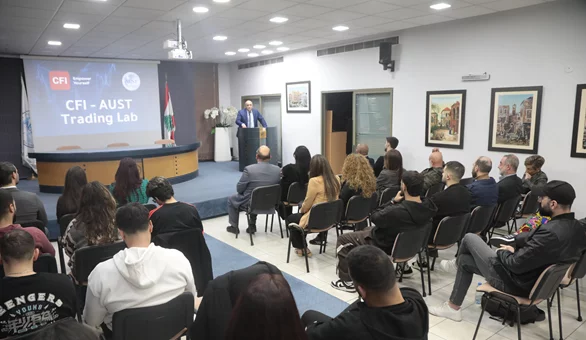
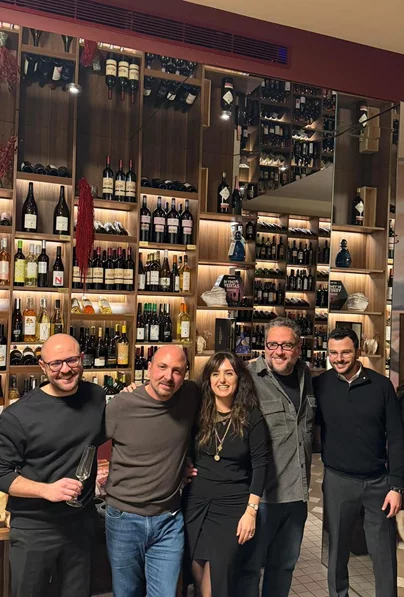
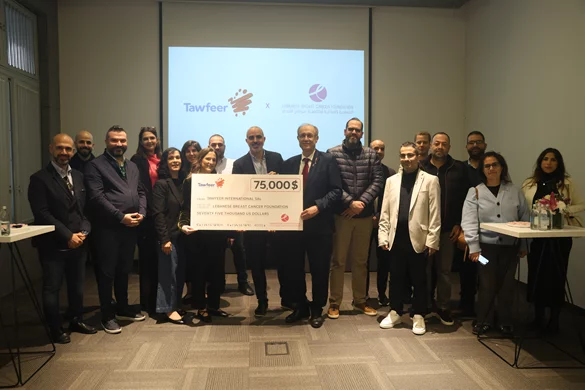
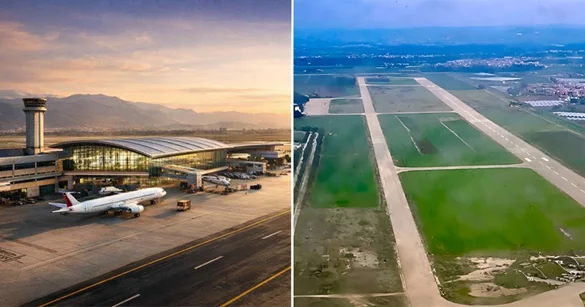

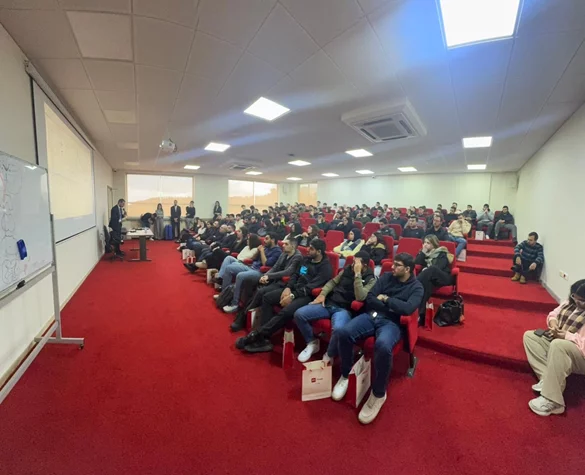
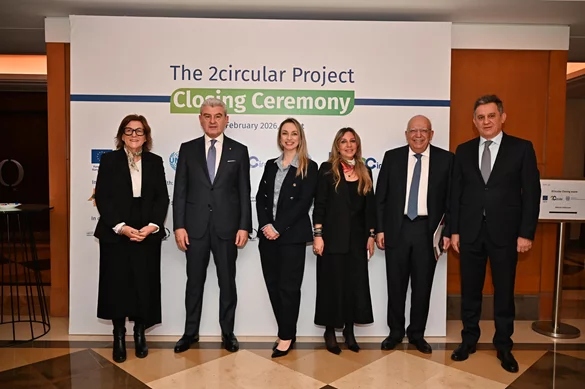

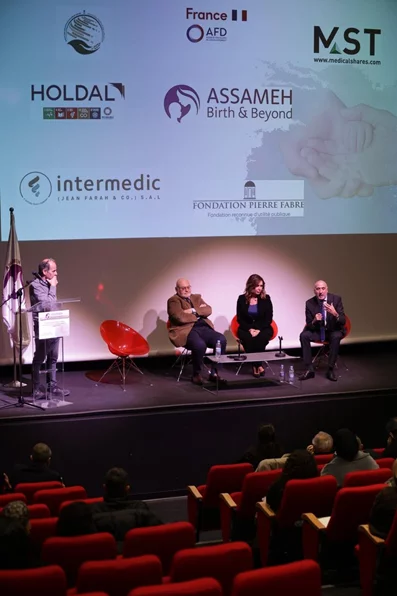
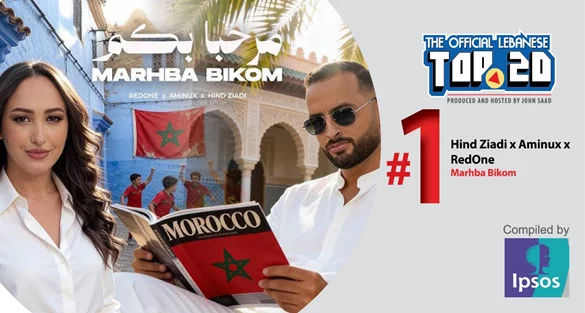
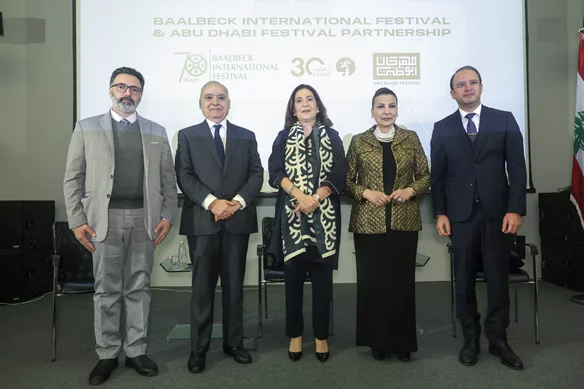


.webp)

